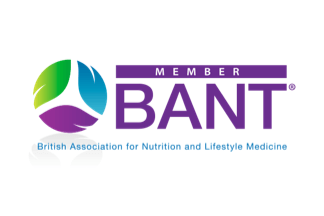COVID-19 AND NUTRITIONAL THERAPY
PLEASE SHARE
As a nutritional therapist and functional medicine practitioner, clients and friends have been asking me to share some sage advice on health during their covid confinement.
I’m slightly between a rock and a hard place as the advice from the governing body, BANT, is that we mustn’t suggest protocols, particularly those involving supplements, targeting covid-19, because the science is so rapidly unfolding that recommendations given with good intentions have every potential for actually worsening outcomes of the disease.
Having looked in detail into the science, I agree with their advice whole-heartedly. I want to warn that nutrition and nutritional supplements are far more powerful and potent than their natural basis indicates. As such they have fabulous therapeutic benefits, but also a great risk for damage, if taken with insufficient knowledge.
On that note, please therefore consider anything you read regarding interventions for covid with caution. If it is advice regarding supplements and targeted recommendations for “immune-boosting” in particular, the likelihood is that the influencer is not registered with the governing body and it should be questioned as to why not.
However, there is no time like the present to start on a health campaign, to rebalance and optimise your health through balanced and beneficial dietary intake. None of us currently has a social life to complicate things, so we can eat as perfectly as we can forage in that jungle that used to be called a supermarket.
So I will try to share some tips and recipes to help you on your way. My advice is generalised for good health, most will help towards weight optimisation (both gain and loss depending on needs), hormone balance, digestive function, fertility, etc.
If you have any topic that is of particular interest, please let me know and I’ll target that in one of my tips!
Today’s tip is to reduce, or limit as much as possible, refined carbohydrates. They all turn into sugar in the blood. Sugar in the blood causes insulin to rise and insulin competes with vitamin C for entry into the cell. If we start the day with a high refined carbohydrate breakfast it sets the day off on a rollercoaster of blood sugar levels that will cause greater desire and need for a high sugar pick-me-up later in the day.
So my first tip is to have for breakfast a more protein-based breakfast. Cast out the toast or cereal and swap it for an egg with a spiced tomato salsa, or avocado with prawns, or leftovers from last night’s supper (so long as it’s not cold pizza!). If you like protein powders, Garden of Life do a fantastic one called FIT that comprises sprouted seeds as its source of protein, so it is high protein, high fibre, anti-inflammatory fats and low in refined carbohydrates.
MORE FROM OUR BLOG









